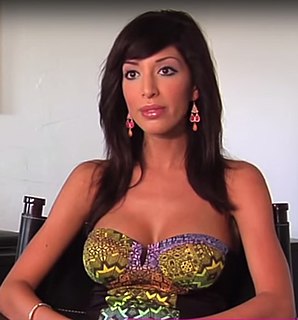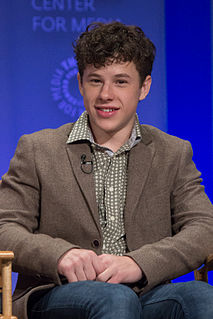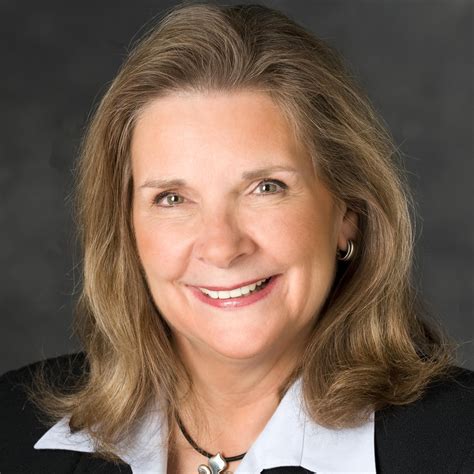A Quote by Farrah Abraham
Children already ignore others and take time on their own, and I think that is something adults should refer back to as they deal with the everyday hustle of the world.
Related Quotes
In fact, I am a pessimist. But when I'm making a film, I don't want to transfer my pessimism onto children. I keep it at bay. I don't believe that adults should impose their vision of the world on children, children are very much capable of forming their own visions. There's no need to force our own visions onto them.
The new concept of the child as equal and the new integration of children into adult life has helped bring about a gradual but certain erosion of these boundaries that once separated the world of children from the word of adults, boundaries that allowed adults to treat children differently than they treated other adults because they understood that children are different.
Ancient wisdom: deal in personal trust; your word is your bond; avoid extremes; treat the money you invest for others as something sacred; don't take any more perks than you would wish others to take; don't borrow what you couldn't suddenly pay back; imagine the worse case financial scenario and expect it very may well happen; the wealthier you become the more humble you should act.
Children grow rapidly, forget the centuries-long embrace from their parents, which to them lasted but seconds. Children become adults, live far from their parents, live their own houses, learn ways of their own, suffer pain, grow old. Children curse their parents for their wrinkled skin and hoarse voices. Those now old children also want to stop time, but at another time. They want to freeze their own children at the center of time.
As the mother of six, Karen Santorum knows the power of stories to shape and mold the nature of our children. In Everyday Graces, Karen has complied a treasure chest of tales that helps us raise the next generation of children into adults of kind compassion. Everyday Graces is a must for families that desire their children to become people of character.
Children, who have so much to learn in so short a time, had involved the tendency to trust adults to instruct them in the collective knowledge of our species, and this trust confers survival value. But it also makes children vulnerable to being tricked and adults who exploit this vulnerability should be deeply ashamed.
I'd written my first novel for adults, which was called Basic Eight and was set in a high school, and we were having a devil of a time selling it. It ended up in the hands of an editor of a children's publishing house, for which it was entirely inappropriate. She said, "Well, we can't publish this, but I think you should write something for children," which I thought was a really terrible idea.



































